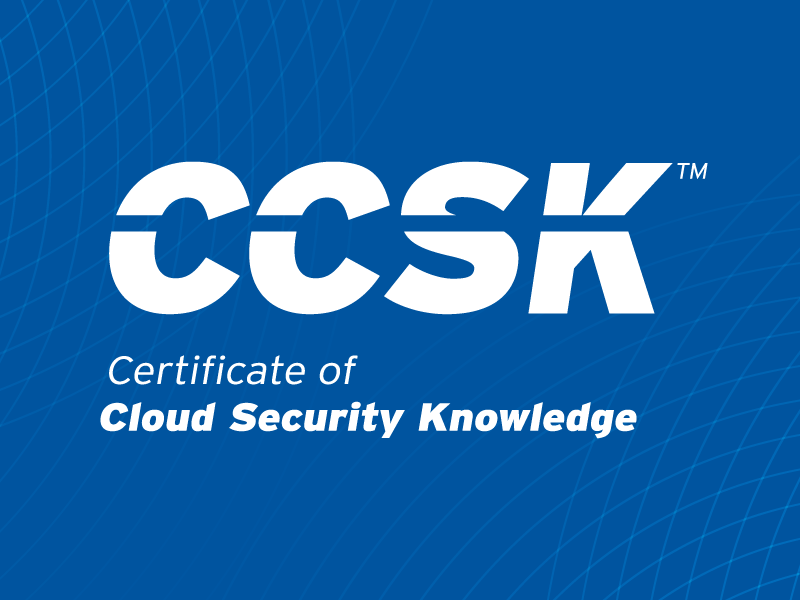Top 4 Use Cases of Non-Human Identity Security: Live Event Recap
Published 07/26/2024
Originally published by Astrix on June 13, 2024.
Last week we held an insightful live event featuring our solutions engineer, Michael Silva, and our CISO in Residence, Tim Youngblood. The event focused on the top four non-human identity (NHI) use cases that are crucial for security teams. Here’s a recap of the key points discussed during the session, as well as the recording of the full event.
Use case 1: Lifecycle management
The first use case we discussed was Lifecycle Management. Tim and Michael highlighted the importance of having a clear inventory of all non-human identities within an organization. These identities include service accounts, OAuth applications, and API connections. Proper lifecycle management ensures that tokens and secrets are accounted for and managed effectively, reducing the risk of orphaned or redundant connections.
Inventorying all NHIs across all environments is crucial to minimizing security blind spots and ensuring that NHIs are not over-permissive or associated with users no longer part of the organization. Effective lifecycle management helps reduce the attack surface and ensures that every non-human identity has a specific purpose and owner.
Use case 2: Secret scanning
Next, we delved into Secret Scanning. Michael and Tim explained that secrets, such as API keys and tokens, are often hard-coded and scattered across various tools and repositories. This poses a significant risk if these secrets are exposed. The ability to scan and identify exposed secrets is vital for maintaining security.
They discussed the challenges of managing secrets and the importance of establishing a governance model to ensure secrets do not persist unchecked. Effective secret scanning involves taking inventory of all secrets, assessing their usage, and implementing measures to prevent their exposure. This practice helps mitigate the risk of unauthorized access and potential breaches.
Use case 3: Third party risk
The third use case, Third Party Risk, addressed the growing concern of supply chain attacks. With an ever-expanding attack surface, organizations must assess the risk associated with third-party connections. Michael and Tim highlighted that third-party risk management often gets overlooked or underfunded, leaving a significant gap in security.
Understanding how third-party tools connect to your environment, their behavior, and the potential risks they pose is crucial. The speakers stressed the need for continuous monitoring and reassessment of third-party connections to prevent unauthorized access and data breaches. Proper third-party risk management helps organizations maintain control over their security posture and protect against supply chain attacks.
Use case 4: Breach response
Finally, we covered Breach Response. Tim and Michael discussed how having visibility into non-human identities and their activities can significantly improve breach response efforts. They emphasized the importance of understanding the baseline behavior of NHIs to detect anomalies and respond swiftly to potential breaches.
Effective breach response involves being able to automatically identify if your organization has been affected, detect all related credentials and take immediate action to mitigate the impact.
Unlock Cloud Security Insights
Subscribe to our newsletter for the latest expert trends and updates
Related Articles:
Zero Trust for Agentic Pipelines That Touch Cloud Production
Published: 02/27/2026
Core Collapse
Published: 02/26/2026
Agentic AI and the New Reality of Financial Security
Published: 02/26/2026
AI Security: When Authorization Outlives Intent
Published: 02/25/2026





.png)
.jpeg)
.jpeg)

